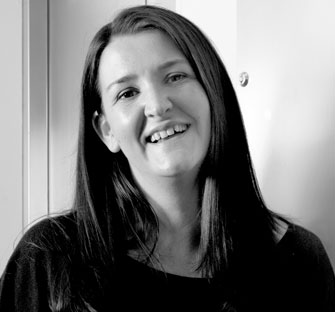
Last night’s Horizon on BBC2, with Alice Roberts and Michael Mosely, was a fascinating look at some of the latest scientific research into gender differences.
That there are differences is undoubtable, from the patterns of activity within the brain through to demonstrable differences in abilities relating to spatial awareness or emotional intelligence.
The moot point throughout the programme was whether this was the result of nature or nurture, and there were compelling arguments presented for either or (more likely) a bit of both.
Beyond the examination of well-worn stereotypes (trucks or teddies, science or arts etc), for me the most compelling segment of the programme was that which looked at the impact of gender difference in medicine.
It has been recognised for a while that there are significant differences in areas such as pain. We know, for example, that women perceive pain more intensely than men, and also respond differently to certain painkillers.
And gender differences are becoming increasingly recognised in certain brain conditions such as stroke, Alzheimer’s and Huntington’s disease, opening up the intriguing possibility of drugs being developed which are gender specific.
From a marketing and communications perspective, there are also gains to be made from adapting materials according to gender, and it’s not just a matter of making everything pink. We know, for example, that messages that promise rewards in terms of status are more appealing to men; whereas appeals to being part of, and helping, a team engage women to a greater degree.
Within the veterinary profession, for example, 60% of vet surgeons are female, and The Foundry’s work for Dechra accordingly (and successfully) took a more engaging route to presenting product efficacy than the traditional bald tables of figures and claims to Number 1 status. You can read all about how this worked in Bute and the Jam Butty.
If your audience has a similar inherent gender bias, then considering how to play to the inherent gender motivations makes business sense. If it’s something you’d like to talk about further, please give me a call. It’s something we’ve done lots of work on and I’d be happy to share it with you.





